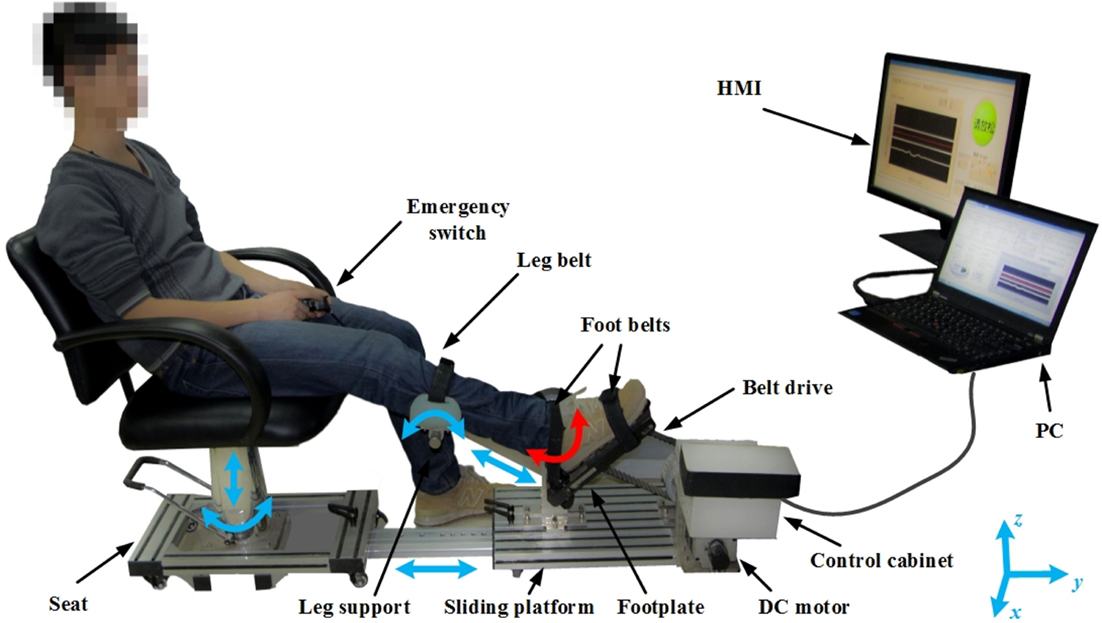Are You Making These Best Rehab Thailand Errors?
페이지 정보
작성자 Magdalena 메일보내기 이름으로 검색 작성일23-12-19 00:51 조회1회 댓글0건관련링크
본문
Introduction:
Marijuana, also known as cannabis or grass, is one of the most widely used illicit medicines globally. With an increasing push for legalization in several countries, it is very important to know the possibility dangers of cannabis addiction. This report is designed to provide an extensive breakdown of cannabis addiction, showcasing its results on individuals and culture.
Marijuana Addiction: Definition and Prevalence:
Marijuana addiction, also known as cannabis make use of condition (CUD), is a disorder described as a person's compulsive cannabis usage despite experiencing negative effects. Based on the World Drug Report 2021 posted by the United Nations Office on medication and Crime, an estimated 5.7 million folks worldwide experience marijuana conditions. This staggering figure emphasizes the need to deal with this growing issue.
 Psychological and Physical Issues:
Psychological and Physical Issues:
The psychoactive mixture in marijuana, delta-9-tetrahydrocannabinol (THC), affects the mind's reward system, ultimately causing addictive habits. Constant marijuana use trigger various emotional impacts such impaired memory, decreased concentration, and altered wisdom. In addition, physical effects include respiratory dilemmas, increased heartrate, and prospective lung damage from cigarette smoking.
Dependency and Withdrawal Signs:
Regular marijuana usage can result in dependency, with people experiencing detachment symptoms upon cessation. These signs can include frustration, anxiety, sleeplessness, reduced appetite, and intense cravings for marijuana. The severe nature and extent of withdrawal signs can differ according to the standard of addiction and individual aspects.
Impact on Mental Health:
Marijuana addiction is actually linked to mental health problems. Research indicates an elevated threat of building psychological conditions like despair, anxiety, and psychosis among hefty marijuana users. Moreover, individuals with pre-existing psychological state problems may go through worsened symptoms as a result of prolonged marijuana use, exacerbating their overall well being.
Social Implications:
Marijuana addiction not only affects people but has actually wider personal implications too. Prolonged cannabis use may cause impaired cognitive performance, influencing educational and thailand alcohol Rehab work-related overall performance. Additionally, addiction can strain connections with buddies, family members, and colleagues, resulting in personal isolation. It would likely can also increase the probability of doing risky actions and unlawful tasks, further affecting societal wellbeing.
Treatment and Intervention:
Managing cannabis addiction usually requires a mix of behavioral treatments, guidance, and support groups. Cognitive-behavioral therapy (CBT) is actually used to help people know triggers, develop coping techniques, and modify addictive actions. In addition, inspirational interviewing and community-based programs provides important help through the healing process.
 Conclusion:
Conclusion:
Marijuana addiction is a concerning problem that demands attention from medical providers, policymakers, and community in general. It is vital to identify the potential dangers of cannabis use, specially the improvement addiction. Promoting general public understanding, very early input, and accessibility efficient treatment options are very important steps in mitigating the unfavorable effects of marijuana addiction. Only by addressing this problem comprehensively can we work at a more healthful and much more well-informed society.
Marijuana, also known as cannabis or grass, is one of the most widely used illicit medicines globally. With an increasing push for legalization in several countries, it is very important to know the possibility dangers of cannabis addiction. This report is designed to provide an extensive breakdown of cannabis addiction, showcasing its results on individuals and culture.
Marijuana Addiction: Definition and Prevalence:
Marijuana addiction, also known as cannabis make use of condition (CUD), is a disorder described as a person's compulsive cannabis usage despite experiencing negative effects. Based on the World Drug Report 2021 posted by the United Nations Office on medication and Crime, an estimated 5.7 million folks worldwide experience marijuana conditions. This staggering figure emphasizes the need to deal with this growing issue.
 Psychological and Physical Issues:
Psychological and Physical Issues:The psychoactive mixture in marijuana, delta-9-tetrahydrocannabinol (THC), affects the mind's reward system, ultimately causing addictive habits. Constant marijuana use trigger various emotional impacts such impaired memory, decreased concentration, and altered wisdom. In addition, physical effects include respiratory dilemmas, increased heartrate, and prospective lung damage from cigarette smoking.
Dependency and Withdrawal Signs:
Regular marijuana usage can result in dependency, with people experiencing detachment symptoms upon cessation. These signs can include frustration, anxiety, sleeplessness, reduced appetite, and intense cravings for marijuana. The severe nature and extent of withdrawal signs can differ according to the standard of addiction and individual aspects.
Impact on Mental Health:
Marijuana addiction is actually linked to mental health problems. Research indicates an elevated threat of building psychological conditions like despair, anxiety, and psychosis among hefty marijuana users. Moreover, individuals with pre-existing psychological state problems may go through worsened symptoms as a result of prolonged marijuana use, exacerbating their overall well being.
Social Implications:
Marijuana addiction not only affects people but has actually wider personal implications too. Prolonged cannabis use may cause impaired cognitive performance, influencing educational and thailand alcohol Rehab work-related overall performance. Additionally, addiction can strain connections with buddies, family members, and colleagues, resulting in personal isolation. It would likely can also increase the probability of doing risky actions and unlawful tasks, further affecting societal wellbeing.
Treatment and Intervention:
Managing cannabis addiction usually requires a mix of behavioral treatments, guidance, and support groups. Cognitive-behavioral therapy (CBT) is actually used to help people know triggers, develop coping techniques, and modify addictive actions. In addition, inspirational interviewing and community-based programs provides important help through the healing process.
 Conclusion:
Conclusion:Marijuana addiction is a concerning problem that demands attention from medical providers, policymakers, and community in general. It is vital to identify the potential dangers of cannabis use, specially the improvement addiction. Promoting general public understanding, very early input, and accessibility efficient treatment options are very important steps in mitigating the unfavorable effects of marijuana addiction. Only by addressing this problem comprehensively can we work at a more healthful and much more well-informed society.
댓글목록
등록된 댓글이 없습니다.

